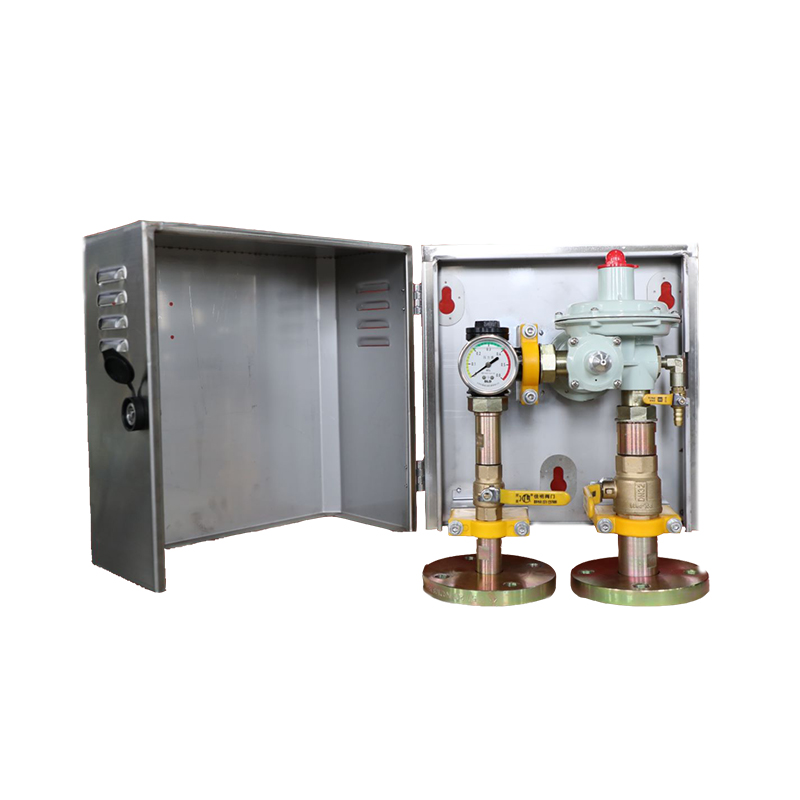A heat exchanger is a device designed to efficiently transfer heat from one medium to another, without the two mediums coming into direct contact. In the context of natural gas systems, heat exchangers are used to either cool or heat natural gas as it undergoes various processes, such as liquefaction, transportation, and distribution. By maximizing the efficiency of these thermal exchanges, heat exchangers help to reduce energy losses and improve overall system performance.





